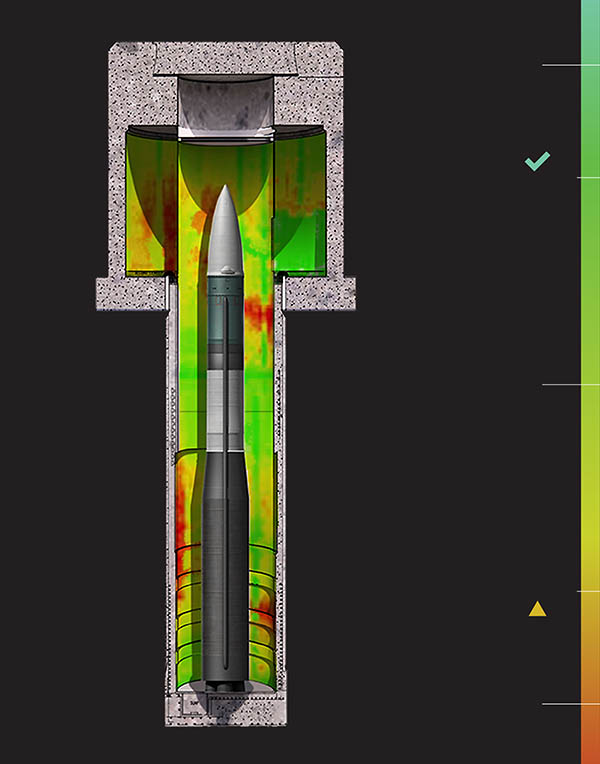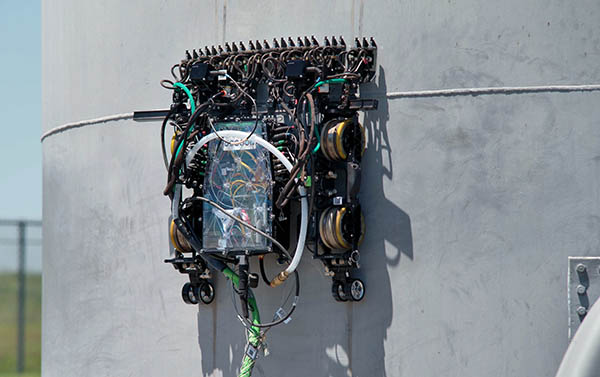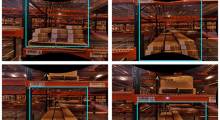Wall-crawling robots can help maintain critical infrastructure, and none is more critical than the U.S. nuclear triad. Gecko Robotics Inc. last week announced that the U.S. Air Force Nuclear Weapons Center has awarded it an 18-month, $1.5 million contract through the Small Business Innovation Research, or SBIR, program.
“Ensuring the safety and efficiency of our nation’s most critical assets is in our DNA at Gecko, and we look forward to our partnership with the Air Force in this vital mission,” stated Jake Loosararian, co-founder and CEO of Gecko Robotics.
“I’m also proud of how our team and our product have risen to the challenge during this competitive process as we continue to increase our partnerships across the federal space,” he said in a release.
USAF needs concrete evaluation tech

Under the new contract, Gecko Robotics said it will integrate state-of-the-art concrete evaluation technology into its fleet of crawling robots. The hardware and software components together will provide the capability to rapidly assess concrete and steel liners in Intercontinental Ballistic Missile (ICBM) launch facilities.
The ability to rapidly assess the current infrastructure of launch facilities is paramount to ensure a smooth transition to the Sentinel program and transition to a modernized sustainment program, according to the Air Force and Gecko Robotics.
The award comes after a competitive process where companies were invited to submit proposals for initial peer review. After a review by key stakeholders, Gecko Robotics was invited to participate in the Air Force Nuclear Weapons Center’s Second Pitch Day. At the conclusion of the process, the company was awarded a Phase 2 contract under the SBIR program.
About Gecko Robotics
Pittsburgh-based Gecko Robotics said it is focused on “helping the world’s most important institutions protect their physical assets.” The company claimed that its robots capture data at previously unheard-of scale and fidelity, climbing pipelines, boilers, tanks, ship hulls, and more in search of damage.
“We try to take a pragmatic approach to utilizing machine learning and AI,” said Loosararian at a Pittsburgh Robotics Network event last year. “We use advanced software for root-cause analysis of issues at sites—corrosion or erosion of critical infrastructure. Our software can be trained to identify what's happening. We're just getting started.”
In addition, Gecko said its software enables human experts to contextualize that inspection data and translate it into action. In March, the company raised $73 million in Series C funding. More recently, it partnered with Siemens Energy's European Field Service organization.
Article topics
Email Sign Up

















